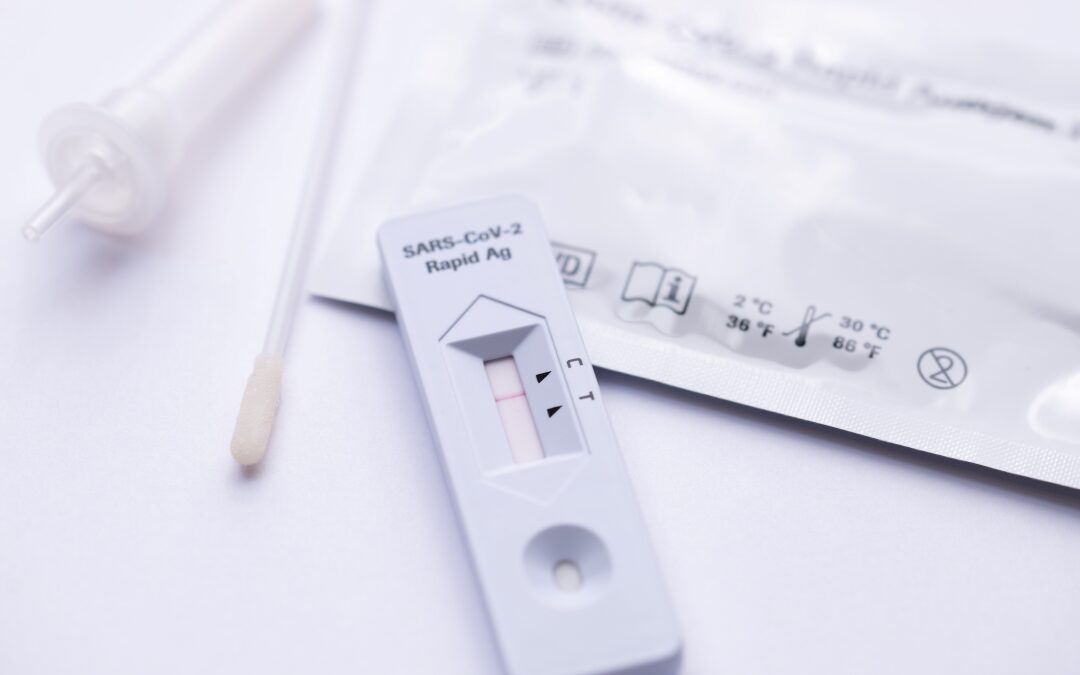Assistant professor of global health Bobby Brooke Herrera, who is a principal faculty member at Rutgers Global Health Institute and an assistant professor in the Department of Medicine at Robert Wood Johnson Medical School, says that rapid antigen tests remain effective public health tools in detecting SARS-CoV-2. The following are excerpts from a story published by Verywell Health:
Regular COVID-19 testing is one of the best ways to minimize virus transmission, and rapid at-home tests make it more convenient to do. However, the continued mutation of the virus has brought rapid antigen tests’ diagnostic performance into question.
“Rapid antigen tests remain effective public health tools in detecting COVID-19 caused by Omicron,” Bobby Brooke Herrera, PhD, an assistant professor of global health at the Rutgers Global Health Institute, told Verywell. “For the most part, they are not impacted by the Omicron mutations in terms of detecting high virus load.”
Based on early data from the Food and Drug Administration (FDA) and the National Institutes of Health’s (NIH) RADx program, rapid antigen tests do detect the Omicron variant—but the sensitivity might be lower. Here’s what that means for asymptomatic infections.
Can Rapid Tests Detect Asymptomatic COVID?
Marc Sala, MD, co-director of the Northwestern Medicine Comprehensive COVID-19 Center, told Verywell that while Omicron does show up on rapid antigen tests, new data suggests that there may be more false negatives in people who are asymptomatic.
A recent study published in Clinical Microbiology and Infection looked at the diagnostic accuracy of three common rapid antigen tests—Flowflex, MPBio, and Clinitest—using positive RT-PCR tests as the standard.
The researchers found that the sensitivities of the tests were very low for asymptomatic people who did unsupervised nasal self-sampling during the Omicron period. The sensitivity of the tests ranged from 20.7% to 27.5%.
“This is likely a problem of the viral load being too low for the test to pick up consistently, as well as asymptomatic persons having fewer respiratory secretions to generate a good sample,” Sala said.
Does Self-Testing Still Matter?
The authors of the study pointed out that self-testing could lead to a false sense of security among asymptomatic people who want to protect vulnerable people. That’s why it’s still important to practice social distancing and wear face masks.
“I would add that not all home test kits are created equal—nor are all operators,” said Sala. “Studies with trained healthcare providers doing numerous numbers of these tests every day versus studies where patients conduct the test at home may not have the same results for test sensitivity.
According to Herrera, it’s possible that the rapid antigen tests just missed Omicron’s window of infectiousness. If that’s the case, it’s not that tests cannot detect Omicron—rather, it could be that swab sampling for the virus might not be adequate enough to fully detect people with asymptomatic infections.
Read the full story at verywellhealth.com.

